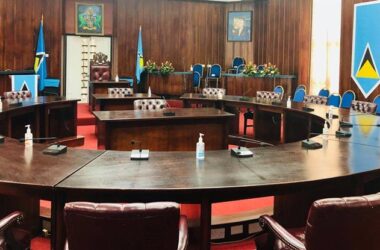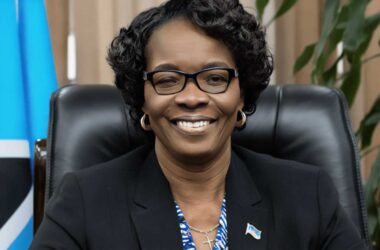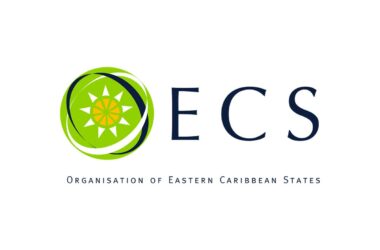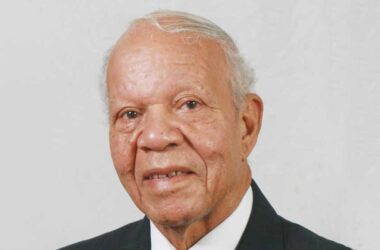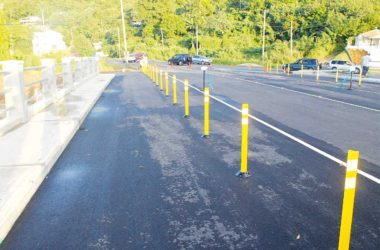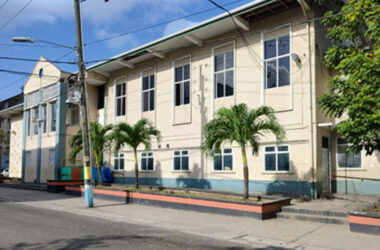GOVERNMENTS are elected to govern in ways that always put people’s interests at the center of all things. Of course, that’s just one of many things that just doesn’t always happen.
But one thing each and every government has to do is to address the press. Some do, some don’t – and none takes enough time to address issues on time. Some feel their actions speak louder than words. But that’s a sure prescription for more unanswered questions.
No government can answer all questions, but each has all the mechanisms to try to so do.
Each government here since 1997 has had at its disposal the whole gamut of technologically-driven information services. But a lot still needs to be done to build that relationship with the press that will make both sides happy they are fulfilling their respective roles.
Weekly press conferences are commendable. Unfortunately, few pressing questions – if any — are asked. But these encounters become fruitless when they don’t yield the fruitful information the public needs to know.
On the other hand, officials can be very good at evading. However, it is counterproductive for officials to skirt issues. In the end, the press and the people remain uninformed, only leaving room for speculation, rumors – and Fake News – to rule the roost.
In this internet age when information travels faster than the speed of sound, governments must always strive to build a trusting relationship with the press. But this is not yet the case here.
Take the following few public issues the local press continue seeking precise information on:
- Government and Opposition are giving conflicting information about the Range Development issue. Is the company seeking to recover losses from government? If so, how much?And what for?
- The union representing Customs Officers (the CSA) says they are still uneasy about the difference between what the Prime Minister has told them and what the Cabinet of Ministers has decided regarding the soon-to-be-established Border Control Authority. When and how does the government intend to address the issue? Sooner or later?
- The Prime Minister has announced the National Printery, the Parliament Building and the Court House will be bulldozed by year end. Where will parliament and the courts meet thereafter? And what will become of the workers and equipment at the printery?
- Uncertainties persist about the state of play regarding National Health Insurance and the role of or plan for the private Cayman Island-based Health City entity in the future of the OKEU Hospital. Is there an arrangement or not? If so, what?
These are all legitimate questions about public issues and simply not addressing them only allows for them to be repeatedly asked — and create fertile ground for more speculation and doubt, even misinformation.
That most of these questions are also asked by the political opposition allows for the government to associate all who may ask them with the opposition party. But that’s not always as true as it is being made out to be, as these issues are also of equal concern to those who may not wish or be able to ask.
Opposition parties everywhere tend to latch onto the issues that most allow them to present the government in the most negative light. This factor is as wide at play here as anywhere else where opposition parties operate within a democratic framework. Unfortunately, this often leads to issues like the national health debate being politicized by partisan intervention when it should not.
Answers to questions about national issues may or may not be awkward. But officials (of any government) would be well advised to answer and address such issues – whether the opposition is also talking about them or not — and provide the necessary information so lacking in the public domain.
Simply put, in any democracy, unanswered questions will simply be repeated by the press, until answers are forthcoming — whenever.





